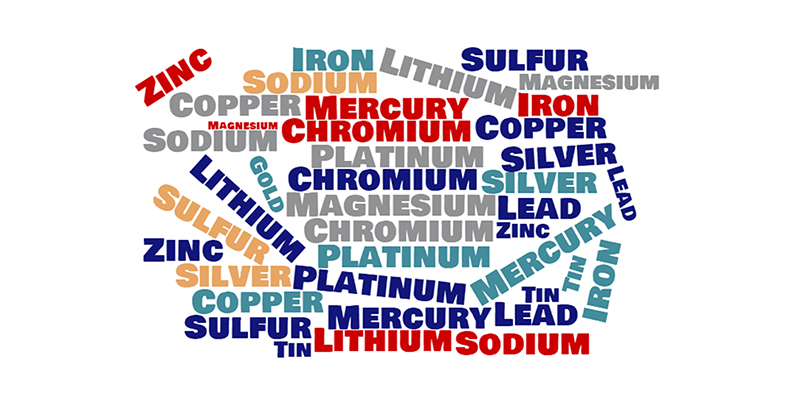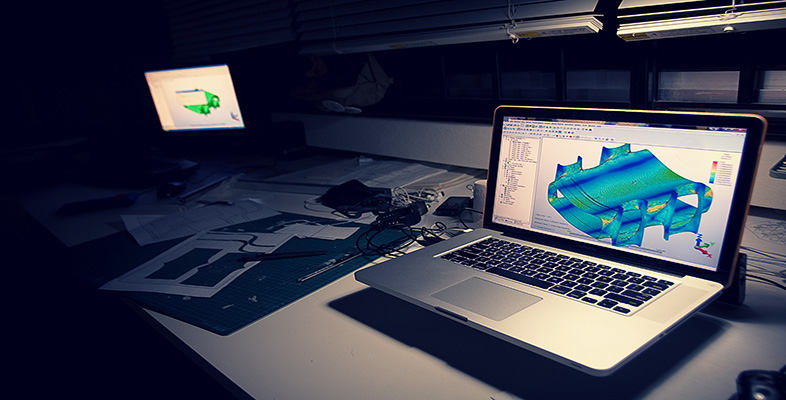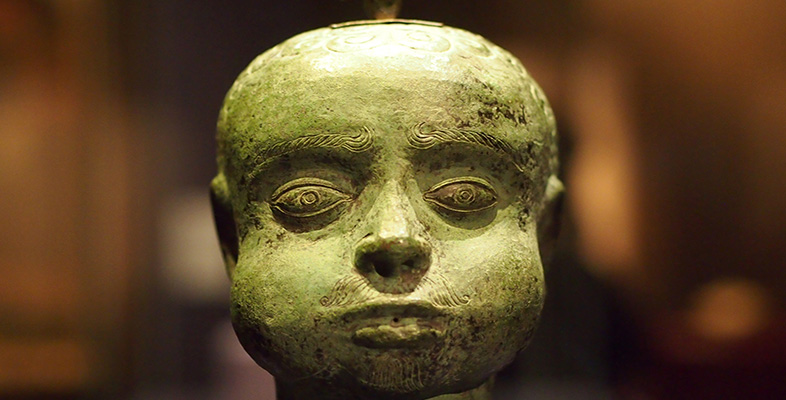Free courses
Produced by The Open University, a world leader in open and distance learning, all OpenLearn courses are free to study. We offer nearly 1000 free courses across 9 different subject areas. Our courses are available to start right away.
- All topics
 free course icon
level 1: introductory icon
free course icon
level 1: introductory icon
Science, Maths & Technology
Numbers, units and arithmetic
Do fractions and decimals make you apprehensive about maths? Do you lack confidence in dealing with numbers? If so, then this free course, Numbers, units and arithmetic, is for you. The course will explain the basics of working with positive and negative numbers and how to multiply and divide with fractions and decimals.
 free course icon
level 1: introductory icon
free course icon
level 1: introductory icon
Science, Maths & Technology
Public health approaches to infectious disease
This free course, Public health approaches to infectious disease, reviews the current global burden of infectious disease, the public health strategies that are reducing the impact of some major infections and the challenges facing national and international organisations in preventing illness and death caused by bacteria, viruses and parasites.
 free course icon
level 1: introductory icon
Badge icon
free course icon
level 1: introductory icon
Badge icon
Science, Maths & Technology
Understanding antibiotic resistance
Antibiotic resistance is a serious threat, compromising our ability to treat infections and increasing the risk of routine surgery. Resistant infections are increasing due to overuse of antibiotics and this has resulted in the emergence of 'superbugs' (bacteria resistant to multiple antibiotics). This free course, Understanding antibiotic ...
 free course icon
level 3: advanced icon
free course icon
level 3: advanced icon
Science, Maths & Technology
General principles of cellular communication
Learn about how cells sense and respond to extrinsic stimuli, a capacity that allows them to communicate with each other and to respond to changes in their environment. This free course, General principles of cellular communication, explains cell signalling pathways in general terms and identifies some of the universal characteristics of ...
 free course icon
level 1: introductory icon
free course icon
level 1: introductory icon
Science, Maths & Technology
What is a metal?
This free course, What is a metal? explores the main characteristic properties of metals and their varied use in our everyday lives. Each metal has its own personal signature and you will undertake an online experiment to identify individual metals.
 free course icon
level 2: intermediate icon
free course icon
level 2: intermediate icon
Science, Maths & Technology
Metals in medicine
This free course, Metals in medicine, focuses on the use of metals and their compounds in the production of images of internal structures in our bodies and on the role of metal-containing compounds as drugs in the treatment of disease.
 free course icon
level 1: introductory icon
free course icon
level 1: introductory icon
Science, Maths & Technology
IT in everyday life
We now live in a global village where distance is no longer a barrier to commercial or social contact. This free course, IT in everyday life, will enable you to gain an understanding of the information and communication technologies that drive our networked world and how they now permeate our everyday lives.
 free course icon
level 3: advanced icon
free course icon
level 3: advanced icon
Science, Maths & Technology
Drug development process: combating pain
Drug development process: combating pain, is a free course offering a brief introduction to the process of new drug discovery; from identification of a suitable candidate drug molecule to the development of a commercial drug product available in the clinic for pain relief or as an anti-inflammatory.
 free course icon
level 3: advanced icon
free course icon
level 3: advanced icon
Science, Maths & Technology
Introduction to finite element analysis
What is finite element analysis (what is it and why do we carry it out? This free course, Introduction to finite element analysis, introduces the essence of finite element analysis. As an example of its use, you will look at the case of FEA of the tub of a racing car. You will also have the opportunity to try out two exercises to carry out a ...
 free course icon
level 3: advanced icon
free course icon
level 3: advanced icon
Science, Maths & Technology
Achieving public dialogue
There are a wide range of interactions between 'science' and 'the public'. Examples range from visiting a museum, or indulging in a science-related hobby, to reading a newspaper article about a breakthrough in the techniques of therapeutic cloning. Many of these interactions could be said to be 'passive'. This free course, Achieving public ...
 free course icon
level 1: introductory icon
free course icon
level 1: introductory icon
Science, Maths & Technology
In the night sky: Orion
In this free course, In the night sky: Orion, you will explore the night sky, discover how stars formed and find out about exoplanets, all through the constellation of Orion.
 free course icon
level 1: introductory icon
free course icon
level 1: introductory icon
Science, Maths & Technology
Preparing for your digital life in the 21st Century
This free course, Preparing for your digital life in the 21st Century, provides a general overview of how digital technology has come to dominate virtually every aspect of the modern world and some guidance on how to prepare for this digital life. It also provides a more detailed explanation of the internal structure and workings of a typical ...